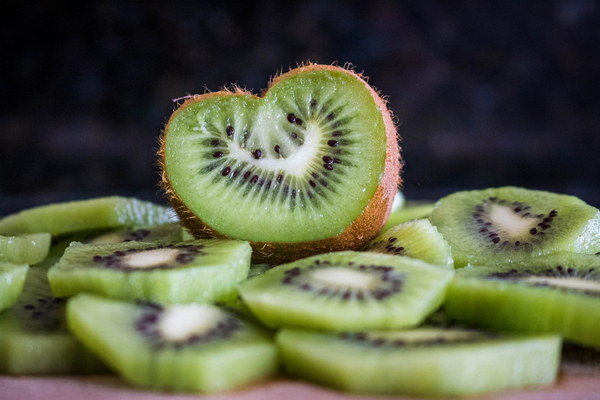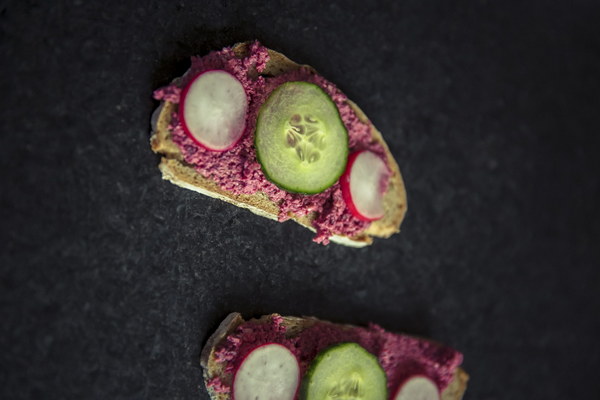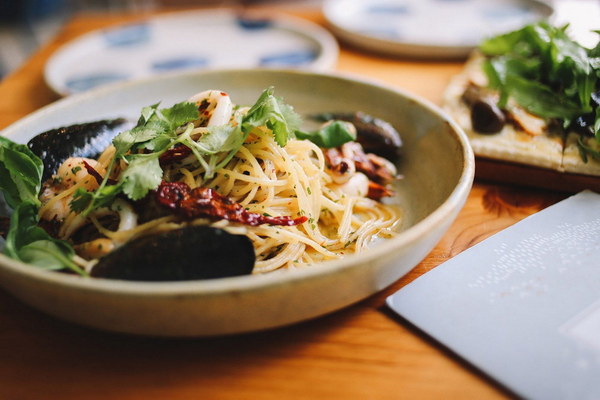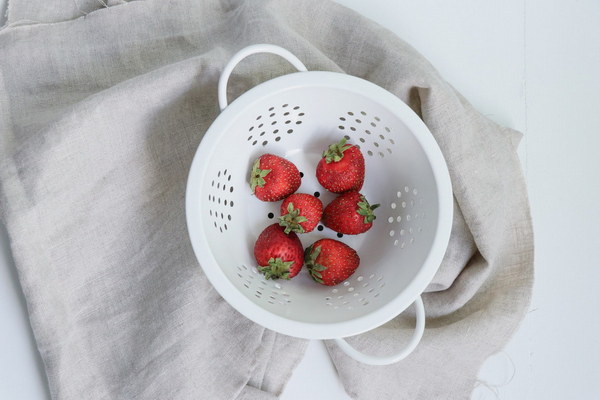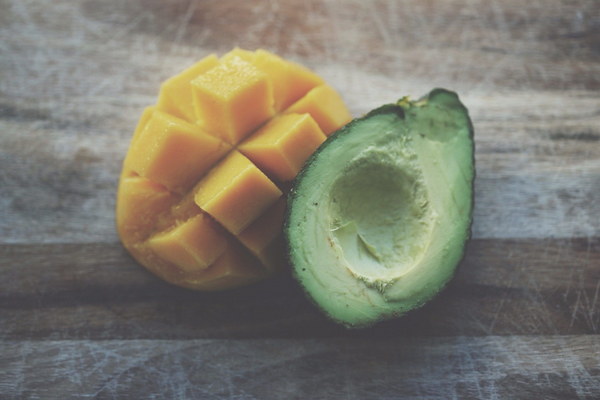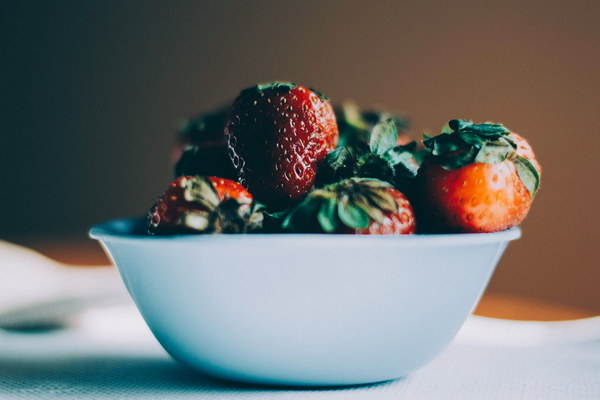Rejuvenate Your Body The Art of Blood and Qi Nourishment for Uterine Balance
In the realm of traditional Chinese medicine, the concept of blood and qi nourishment is a cornerstone of health and vitality. This ancient practice focuses on balancing the body's vital energies to maintain harmony and wellness. One particular area where this principle is of utmost importance is the uterus, which is central to women's reproductive health. This article delves into the art of blood and qi nourishment for uterine balance, exploring its benefits and practical applications.
The Uterus: A Vital Organ in Women's Health
The uterus, also known as the womb, is a crucial organ in a woman's reproductive system. It is responsible for nurturing the development of a fetus and is closely linked to the menstrual cycle, pregnancy, and childbirth. The health of the uterus is intricately connected to the overall well-being of a woman, as imbalances in this organ can lead to various reproductive issues, such as infertility, irregular menstrual cycles, and premenstrual syndrome (PMS).
Blood and Qi: The Cornerstones of Traditional Chinese Medicine
In traditional Chinese medicine (TCM), blood and qi are considered the body's two most fundamental substances. Blood provides nourishment and energy to all tissues and organs, while qi (pronounced chee”) is the vital life force that animates the body and maintains its functions.
When blood and qi are abundant and balanced, the body enjoys good health. Conversely, imbalances in blood and qi can lead to a variety of health issues. TCM views the uterus as particularly sensitive to blood and qi imbalances, as these imbalances can disrupt its normal functions.
The Art of Blood and Qi Nourishment for Uterine Balance
The process of blood and qi nourishment for uterine balance involves several steps, including:
1. Identifying the root cause of the imbalance: TCM practitioners use diagnostic techniques such as pulse and tongue analysis to determine the underlying cause of the imbalance in blood and qi.

2. Customizing a treatment plan: Once the root cause is identified, a TCM practitioner will tailor a treatment plan that may include herbal remedies, acupuncture, dietary adjustments, and lifestyle modifications.
3. Herbal remedies: Many herbs are used in TCM to nourish blood and balance qi, such as:
- Angelica sinensis (Dang gui): Known for its blood-nourishing properties, this herb is often used to treat menstrual irregularities, anemia, and fertility issues.
- Codonopsis pilosula (Dang shen): This herb is used to boost qi, improve energy levels, and support the immune system.
- Rehmannia glutinosa (Shu di huang): This herb is known for its blood-nourishing and yin-tonifying properties, which can help regulate menstrual cycles and alleviate PMS symptoms.
4. Acupuncture: Acupuncture involves inserting fine needles into specific points on the body to stimulate the flow of qi and blood. This therapy can help balance the body's internal environment and promote uterine health.
5. Dietary adjustments: A balanced diet rich in vitamins, minerals, and essential nutrients is crucial for maintaining uterine health. TCM practitioners may recommend certain foods and dietary habits, such as:
- Eating iron-rich foods to prevent anemia.
- Consuming foods high in omega-3 fatty acids to support hormonal balance.
- Avoiding spicy, cold, and frozen foods, which can exacerbate blood and qi imbalances.
6. Lifestyle modifications: Regular exercise, adequate sleep, and stress management can all contribute to uterine health. TCM practitioners may also recommend specific exercises, such as qigong or tai chi, to improve energy flow and balance the body's internal systems.
Conclusion
The art of blood and qi nourishment for uterine balance is a time-honored tradition in TCM, offering a holistic approach to women's reproductive health. By addressing the root causes of imbalances and employing a combination of herbal remedies, acupuncture, dietary adjustments, and lifestyle modifications, TCM can help women achieve uterine harmony and overall well-being. Embracing this ancient practice can lead to a healthier, more balanced life for women seeking to optimize their reproductive health.
